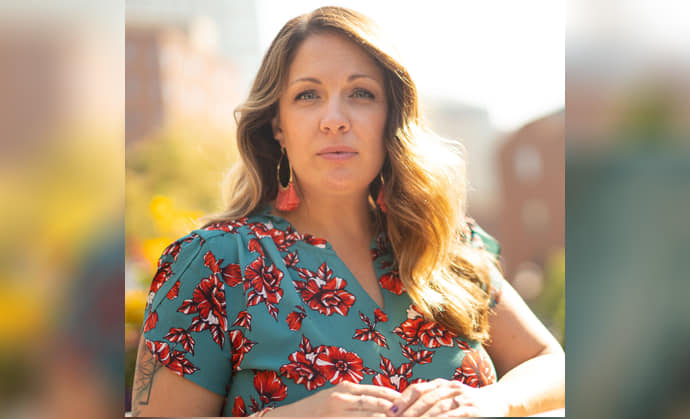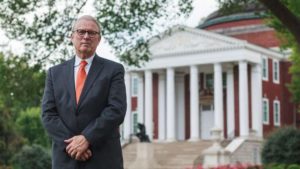Supreme Court will referee Colorado graphic designer’s free speech fight in same-sex wedding case
Can the government force a web designer to create sites for same-sex weddings against her religious beliefs?
That’s the question the U.S. Supreme Court will hear Dec. 5, in what may prove to be a…

Can the government force a web designer to create sites for same-sex weddings against her religious beliefs?
That’s the question the U.S. Supreme Court will hear Dec. 5, in what may prove to be a “landmark decision for free speech,” according to the designer’s legal representation.
Alliance Defending Freedom (ADF) represents Lorie Smith, owner of 303 Creative, a website design business. Smith’s legal battle with the state of Colorado revolves around the Colorado Anti-Discrimination Act, which “bars businesses that are open to the public from discriminating against LGBTQ people or announcing an intent to do so,” according to SCOTUSblog.
ADF says Smith “challenged the law to protect her freedom and her art studio.”
In an interview with Fox News Digital, Smith says her speech is being censored and the state is requiring her to violate her beliefs, such as by denying her company the right to reject requests to create same-sex wedding websites.
“I recognize that not everybody holds the same view on marriage as I do, and that’s OK because what I’m asking the court to do is protect those people’s rights as well. To protect their right to think and speak freely.”
The U.S. Court of Appeals for the Tenth Circuit ruled against Smith in July 2021. However, in February the Supreme Court granted a petition for review.
It’s not the first time this Colorado law has been argued before the Supreme Court. In 2018, a 7-2 ruling favored Jack Phillips, owner of Masterpiece Cakeshop, who declined to bake a cake for a same-sex wedding due to his religious convictions.
The Supreme Court ruled the Free Exercise Clause was violated, but declined to address the free speech issue in the case, “because the free-exercise violation was so clear,” according to ADF. Smith’s case will bring the free speech question before the Supreme Court once again.
In an op-ed co-written by Smith and Phillips, they explain the court “will answer the question: Does a state have the right to compel you to express ideas that violate your deepest personal beliefs?
“We hope for all of us that the high court says ‘no’ and rules in favor of free speech, ensuring Colorado and every state respect and make room for everyone’s beliefs. After all, that’s what the Constitution and equality under the law requires.”



